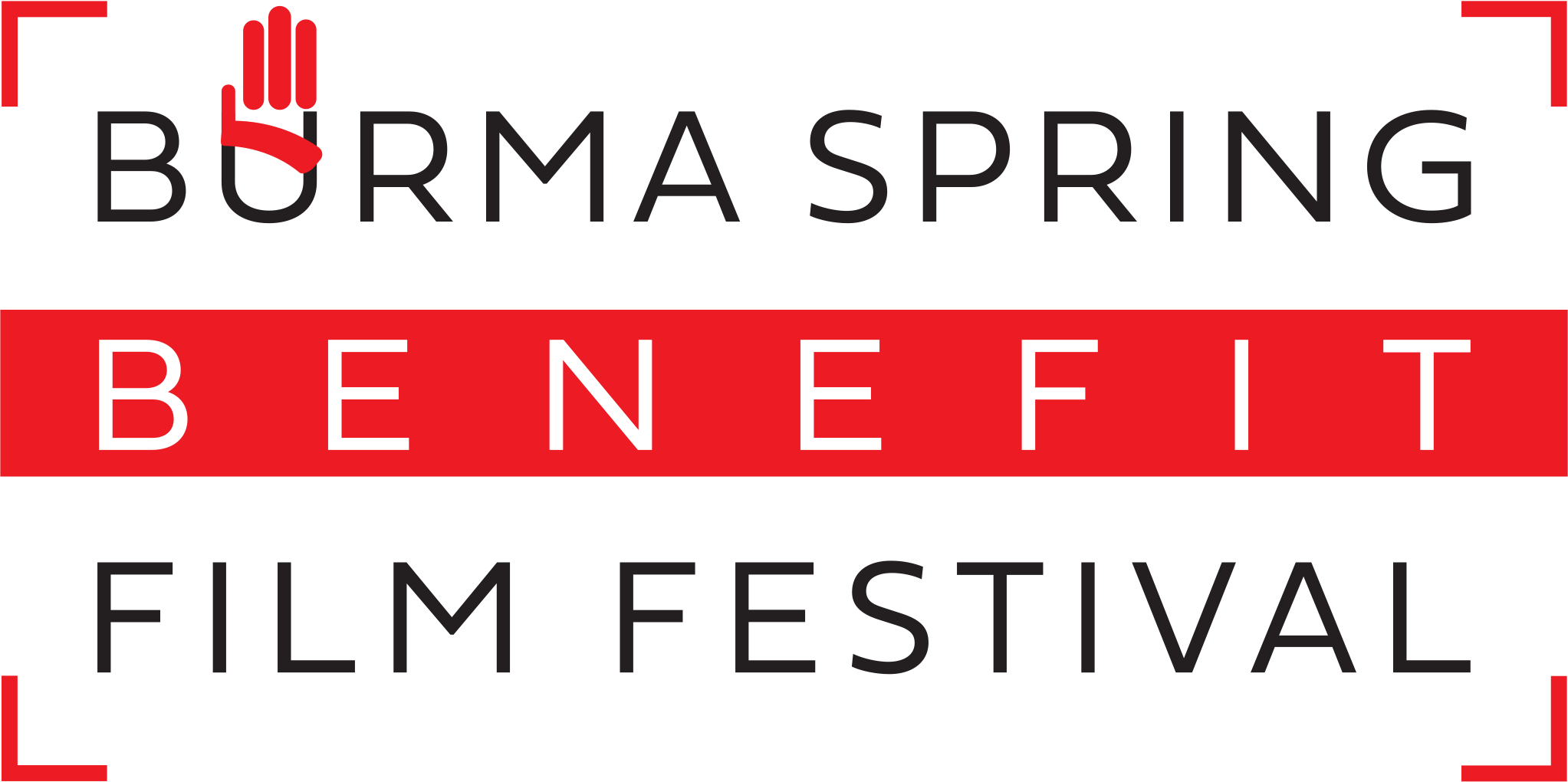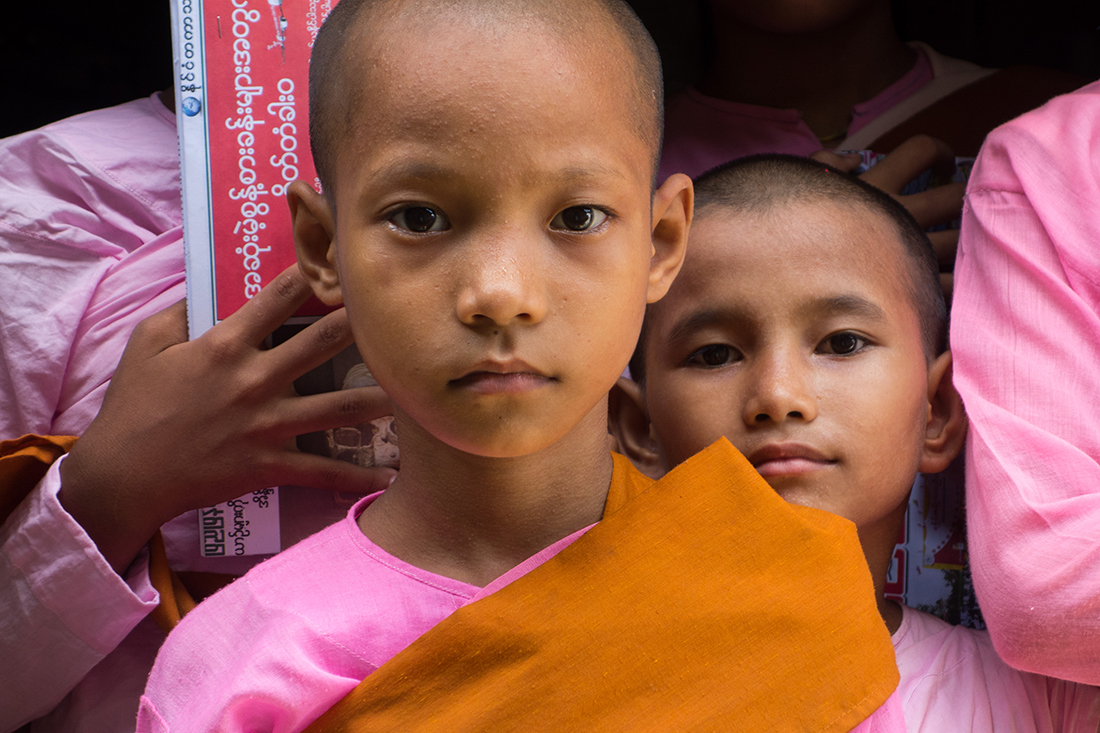In response to the humanitarian and civil rights crisis in Burma (Myanmar) sparked by the military coup in February, activists and artists in the San Francisco Bay Area have banded together to organize the Burma Spring Benefit Film Festival, streaming online from June 3rd through 20th, in a curated selection of films and live talks. Profits will support grassroots humanitarian organizations working in Myanmar in support of the non-violent democracy movement. (Note: Donations are welcome but not required.) Featuring over thirty films from or about Myanmar, plus daily talks with prominent activists and observers, the Festival aims to salute “the courage and dignity of the ordinary people working nonviolently to regain control of Myanmar’s destiny.” The lineup includes documentaries, short films, and dramas, on topics ranging from human rights to the environment, from ethnic groups to Buddhism, and from LGBTQ rights to women’s issues.

The Festival was organized by a volunteer team including Kenneth Wong, a Burmese-American author, translator, and Burmese language teacher at UC Berkeley; Gaetano Kazuo Maida, executive director of the Buddhist Film Foundation; Ellen Bruno, award-winning filmmaker; Jeanne Marie Hallacy, filmmaker and director of a digital storytelling project for refugees and migrant youth; Hozan Alan Senauke, abbot of the Berkeley Zen Center; and Gregg Butensky, operations director of Kirana Productions, co-founder of Ethical Traveler, and principal at Code Refactory. Maida notes that he was “initially drawn to Burma because of its historical tradition of Buddhism and the extraordinary Bagan valley of temples,” but adds that “the burgeoning resistance to the military government over the past several years has helped make me aware of the diversity in Burma, of the many ethnic communities, religions, languages, and creative energies. The Burma Spring Benefit Film Festival embraces all of that as we try to raise awareness and support for the movement to establish a democracy there.”
Films include the brief Burma Spring 21, a collaborative work about the coup and the Civil Disobedience Movement that followed. “Watching this alongside Burma VJ,” says Wong, “about the brave video journalists who documented the uprisings that predated the digital age, might give the audience a way to contrast the different resistance movements separated by decades.” In I Am Rohingya: A Genocide in Four Acts, fourteen young refugees re-enact their families’ harrowing experiences during the genocide of Burmese Muslims; The Black Zone follows the long journey tracking a covert medical team struggling to provide aid amidst war atrocities in Burma’s jungles; and A Peaceful Land chronicles farmer resistance to a government agriculture campaign that results in widespread land confiscations and forced labor.

Speaker forums address topics including Myanmar Diaspora and the Milk Tea Alliance, Refugees and the Humanitarian Crisis, and Special Guests: National Unity Government Ministers, featuring prominent members of the National Union Government, which was formed in response to the coup. This panel, “along with Ethnic Nationalities and the Rohingya: A Search for Justice and Peace,” says Wong, are particularly relevant to the reality “that the population, having personally witnessed the military’s brutality, is growing closer to the ethnic minorities who had endured the same type of mistreatments for years in the border areas away from large cities.”
The military coup was staged early on the morning of February 1, 2021, ousting civilian leader Aung San Suu Kyi, who had won a landslide victory in the November elections. The ostensible reason for this overthrow was the claim that the election was fraudulent, despite the majority win for the democratically elected party—an increasingly familiar and terrifying allegation. “The coup abruptly ends Myanmar’s faulty and fragile push towards democracy over the last decade,” says Lee Morgenbesser, an expert on authoritarian politics in Southeast Asia at the School of Government and International Relations at Australia’s Griffith University.
Also seized that February morning were “Min Htin Ko Gyi, the founder of the annual Human Rights Human Dignity Film Festival, and President Win Myint,” Wong notes, as well as other elected civilian government leaders and activists. Subsequent arrests, he adds, include “well-known comedian Zarganar, action and romantic comedy star Min Lu, [who] is reported to be in the notorious Insein Jail, and popular male model Paing Takhon.” Additionally, prominent cultural figures have been targeted, with more than thirty poets imprisoned, some already murdered, and more than 100 professionals from the local filmmaking community in the crosshairs. Hundreds of others, famous or not, have fled into hiding. Since this brutal seizure by the junta—known as the Tatmadaw—well over 800 protestors have been killed and nearly 12,000 arrested, charged, or sentenced, according to the Assistance Association for Political Prisoners (AAPP).
By May, the swelling dissenters had galvanized into a show of force, calling for a global Spring Revolution. “Shake the world with the voice of Myanmar people’s unity,” the organizers proclaimed. Since this inception, notes Wong, “filmmakers, actors, and actresses have been on the frontline of the resistance movement. Their involvement goes beyond encouraging the protesters from the sidelines, and the price they paid for taking a stand against the military has been heavy.” But while the coup proved the catalyst for this movement, “the sociopolitical issues left unaddressed during the last decade made Burma a fertile ground for this type of upheaval.” In solidarity with these Burmese demonstrators, artists and activists in the Bay Area have joined the effort to support them and highlight the atrocities.
While the Burma Spring Benefit Film Festival promises to offer insights into and perspectives on the current political situation as well as the country’s history and culture, Wong says he hopes that, in the long run, it will demonstrate Burma to be more than a place plagued by violence, military rule, and isolation. As he explains, “It’s the country where George Orwell was inspired to write his anticolonial novel Burmese Days; where people in bright sarongs and sweat-stained T-shirts spend hours in teashops talking about books and poetry; where spirit-possessed mediums dance in delirium as they quaff down glasses of whiskey offered by the worshipers.” Looking forward, he anticipates that “in the not-so-distant future, when the military’s guns are silent and the people no longer feel the need to protest, I hope the viewers who are first introduced to Burma by the Film Festival get to experience that other Burma—the enchanting country beyond the news headlines.”
Read Ethical Traveler's Reprint Policy.
